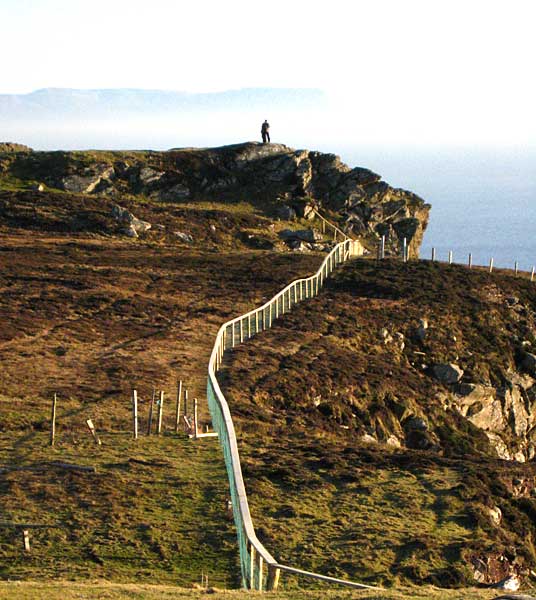The Observer carries the kind of internet scare story that delights the heart of every Daily Mail reader. But with one curious omission. The gist of the story is this:
When Max Gogarty, a 19-year-old gap-year student, landed a coveted blogging spot on which to chronicle his two-month backpacking adventure around India and Thailand, he could have never predicted how his moment of triumph would backfire so spectacularly.
But within 24 hours of his first posting on the guardian.co.uk travel pages, the teenager was swamped by a tidal wave of internet hate mail as he became a victim of the phenomenon of ‘going viral’. As the north London teenager was touching down in Mumbai, hundreds of comments – many vitriolic – were appearing not only on his blog, but on scores of message boards and social networking forums, including Facebook and high-profile gossip sites such as Holy Moly.
The astonishing reaction was provoked when surfers spotted that he had the same surname as Paul Gogarty, a travel writer who occasionally contributes to the Guardian. Readers presumed he was a privileged public school boy whose father had secured him the blog spot and whose gap-year travels were being funded by the newspaper.
The resulting ‘cyber-bullying’ has now forced Max, an occasional scriptwriter for the E4 teenage drama series Skins, to ditch his weekly blog while he and his family cope with the consequences of global internet exposure.
What’s not mentioned is that the Guardian has a policy of allowing people to post comments anonymously, which IMHO is a good way of encouraging people to behave badly, because they don’t have to take responsibility for their views. I’ve always thought that was a bad decision. This story confirms that.






